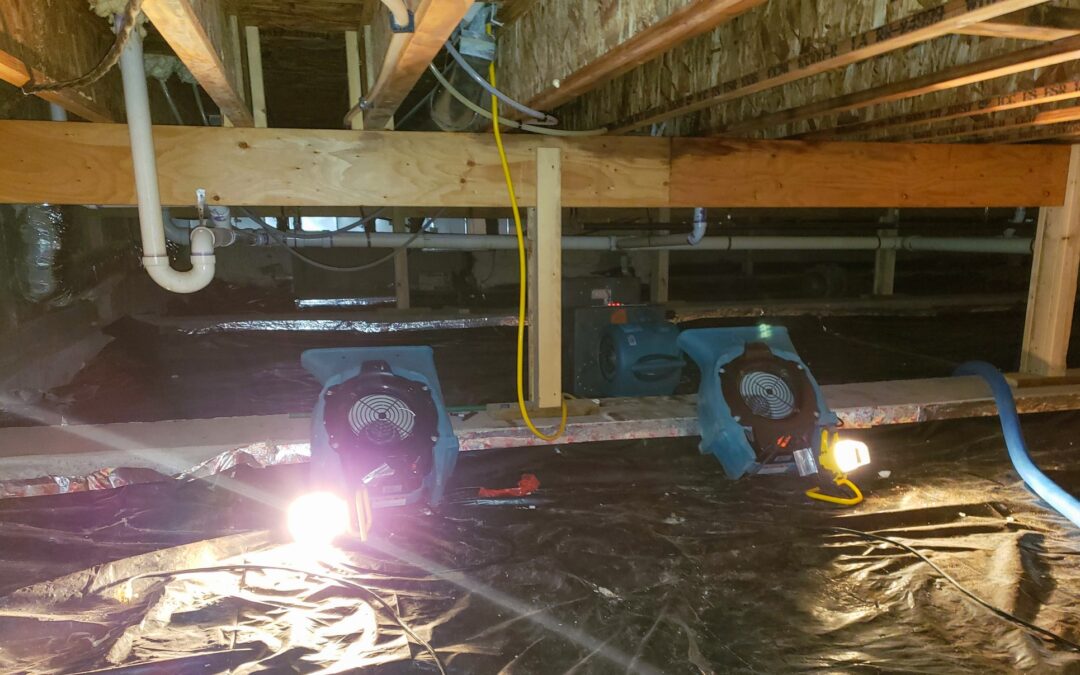
Do-it-yourself Waterproofing Tips
Water in your crawl space or basement isn’t just a nuisance, it’s a warning sign. Whether it appears after heavy rain or shows up unexpectedly, that moisture can lead to serious problems if it’s not handled quickly and effectively. Mold growth, structural damage, poor... 
Do-it-yourself Waterproofing Tips
When heavy rain hits, the last thing any homeowner wants is water leaking into the basement. Even a small amount of water can lead to serious issues, from mold growth to structural damage. If you’ve noticed damp floors, puddles near the walls, or a musty smell after a... 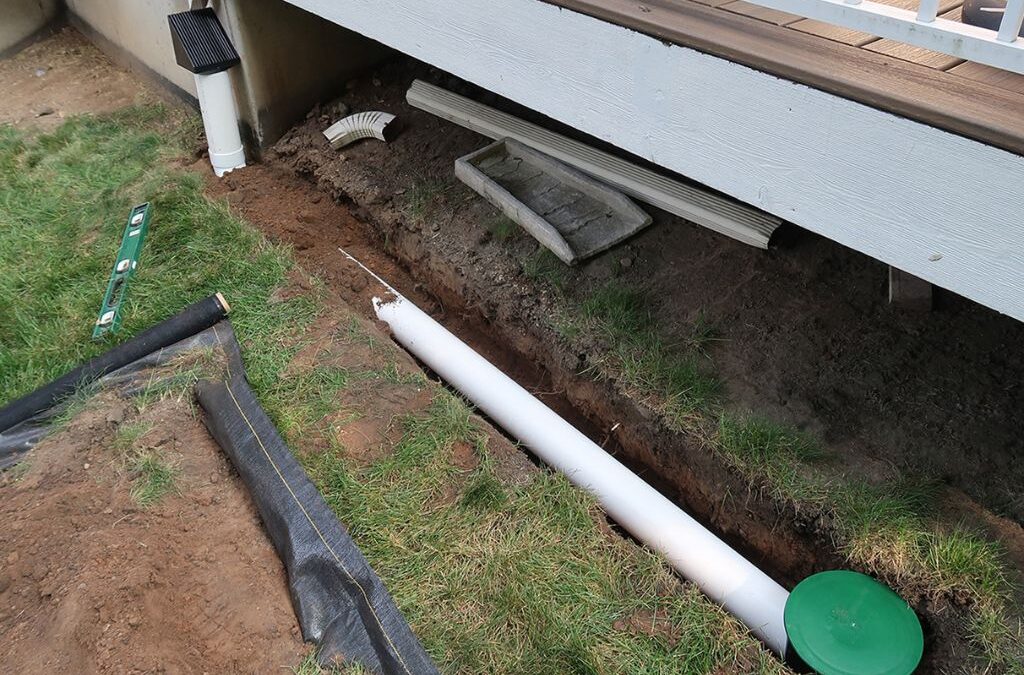
Do-it-yourself Waterproofing Tips
If you’ve ever dealt with water pooling around your foundation wall or unsightly gutter downspouts cluttering your lawn, it’s time to learn about downspout extensions. These essential drainage system components are designed to direct water from your gutter... 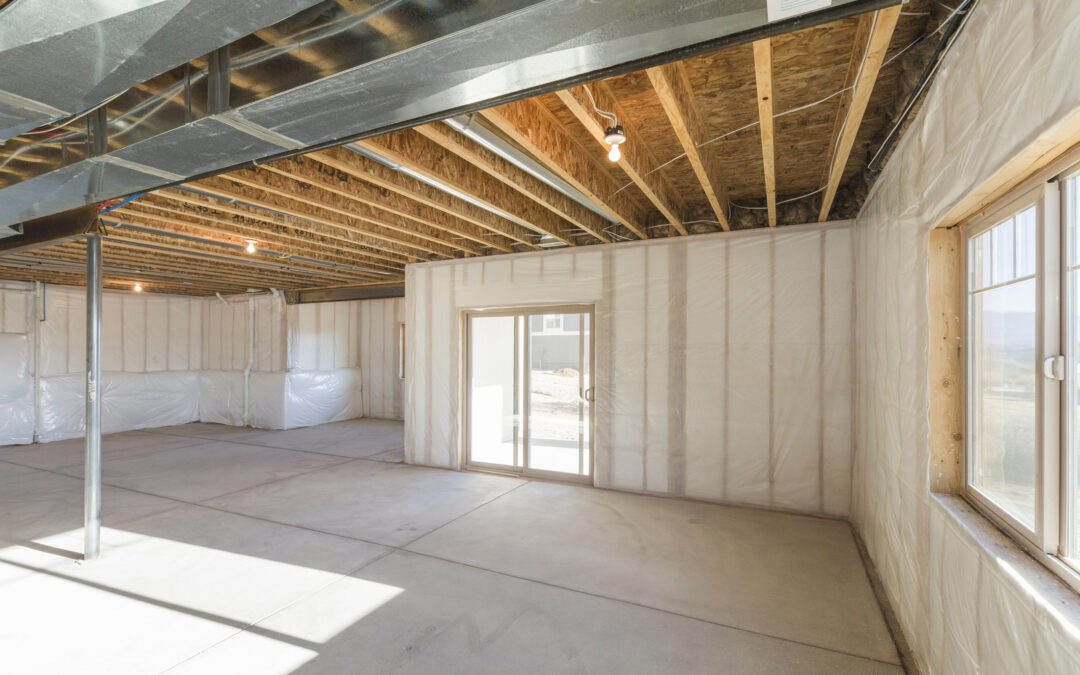
Basement Finishing, Do-it-yourself Waterproofing Tips
A finished basement adds value to a home, but before jumping into framing walls and choosing basement flooring, there’s one crucial step homeowners can’t afford to overlook: waterproofing. Basements are naturally prone to moisture issues, and failing to... 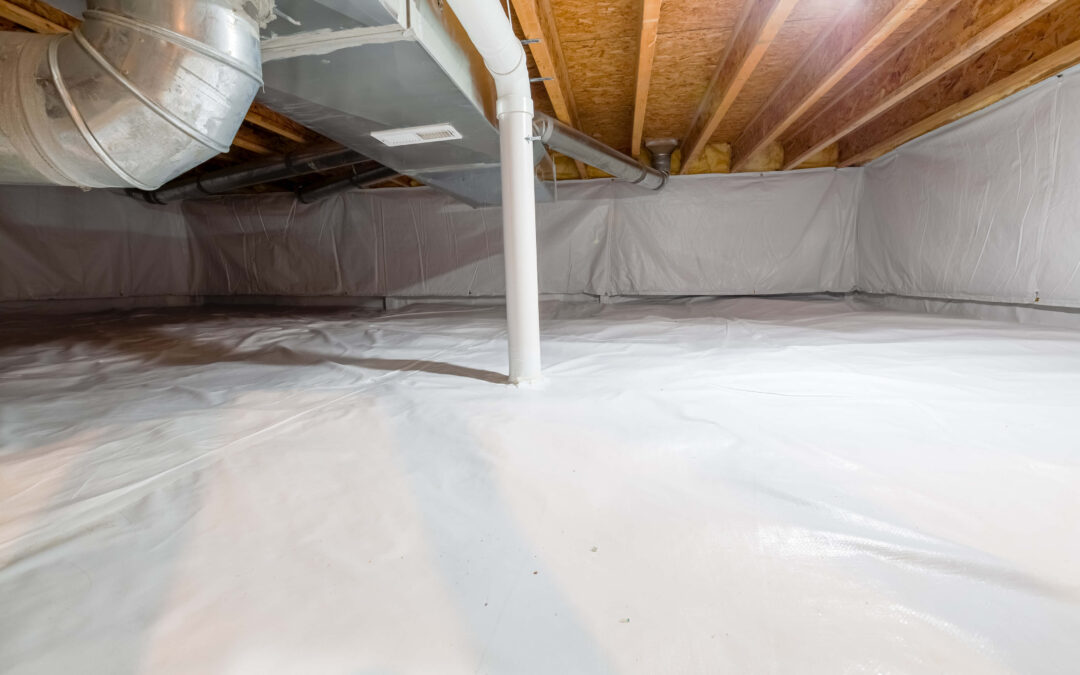
Do-it-yourself Waterproofing Tips, Preventative Tips
A crawl space is a key part of your home’s structure, but without proper waterproofing, it can become a source of moisture issues, mold growth, and even structural damage. Left unchecked, these issues can compromise your home’s foundation, indoor air... 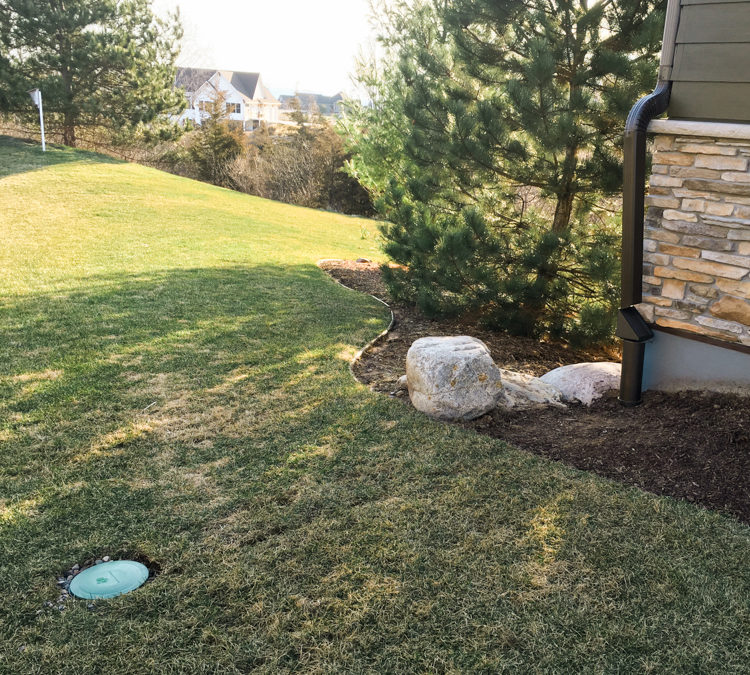
Do-it-yourself Waterproofing Tips
Diverting water away from your home’s foundation is critical to protecting it from water damage, foundation issues, and costly repairs. Downspouts, french drains, and sump pumps are effective solutions for redirecting water and protecting your home’s...






